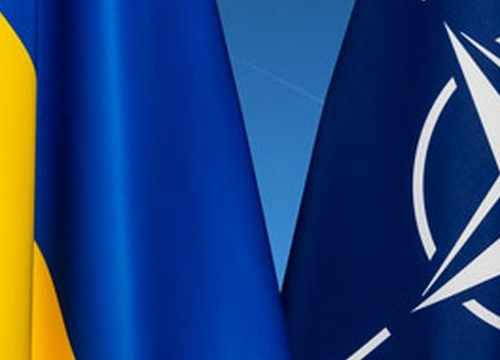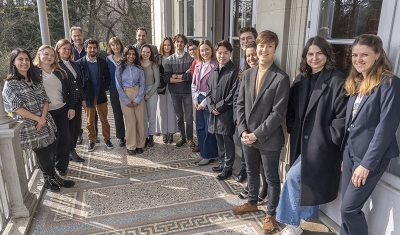Legal Challenges Facing NATO in the Wake of the Russia-Ukraine Conflict
Military Briefings


NATO
The armed conflict between Russia and Ukraine, raging for more than a year now, might arguably have both reinforced and transformed NATO: it refocused the alliance on its collective defence mission while exposing it to considerable challenges, especially in the legal field. From a jus ad bellum perspective, NATO is not a party to the Ukrainian conflict, however, some triggering conditions could be met and lead to the activation of article 5 of the Washington Treaty, in theory at least. As a military alliance, NATO is also preparing and planning for the potential of high-intensity conflict involving its members.
The possibility of such a scenario materializing – long deemed close to impossible – raises some sensitive jus in bello issues, old and new, such as the distinction between regular armed forces and private military companies, the protection of civilians in a large-scale urban conflict, the management of prisoners of war, as well as also the use of cyber and space in multi-domains operations. Other emerging challenges further complicate the legal landscape of the conflict, for a military alliance in particular: most notably disinformation and misinformation, which have the potential to open new ‘battlefields’. All these issues push NATO to its limits and generally question the contemporary role of military alliances, a context in which the law is often a source of answers as much as it is a source of further questions.
Speaker
In this Military Briefing, Colonel Nathalie Durhin, an officer of the French air force currently assigned within the NATO Supreme Headquarters Allied Powers Europe (SHAPE), as the Head of the Operational Law Branch, will provide insights into how the Alliance approaches the conflict between Russia and Ukraine and addresses the many related legal challenges.
Cyprien Fluzin, Teaching Assistant at the Geneva Academy, will moderate the conversation with Colonel Nathalie Durhin.
About the Military Briefings
Military Briefings are a unique series of events relating to military institutions and the law. They aim to improve our students’ knowledge of military actors and operations and build bridges between the military and civilian worlds.







